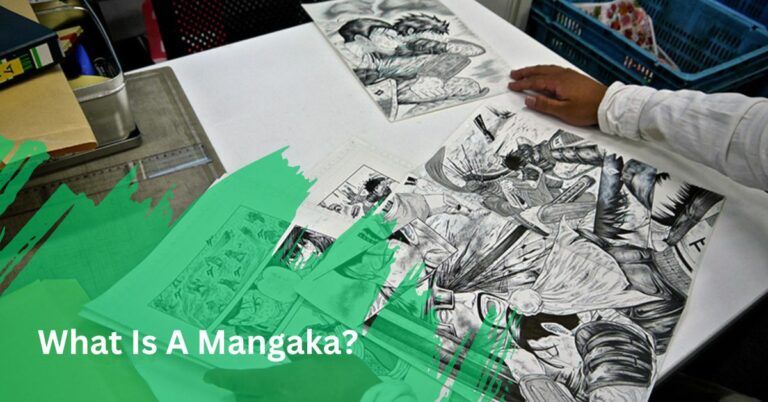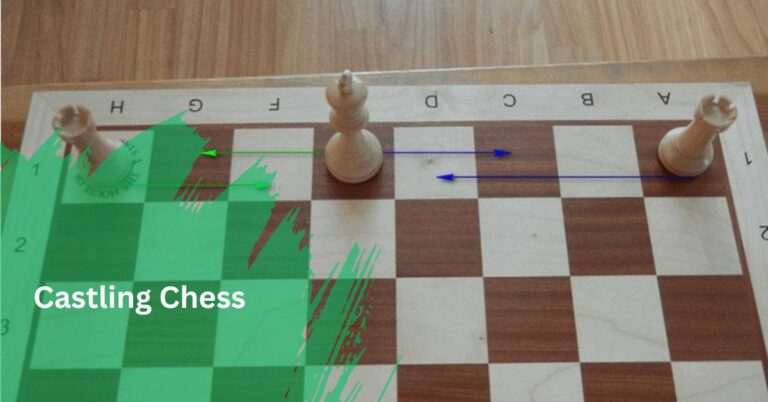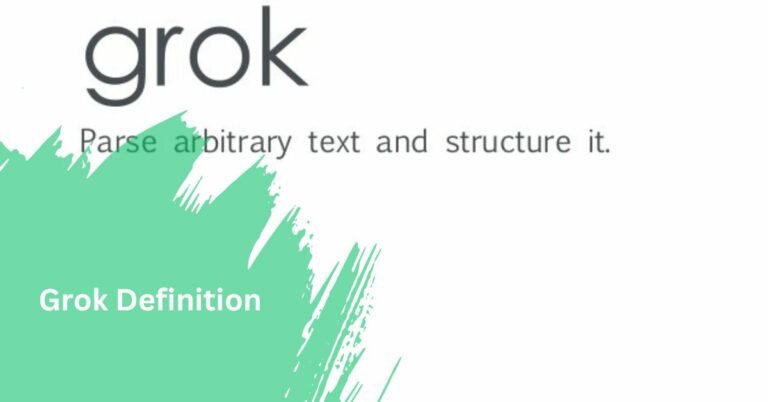Explore Innervée – Your Guide to Inner Wellness and Balance
In the fast-paced landscape of modern life, emotions run deep, often leaving individuals grappling with the overwhelming tide of emotional exhaustion.
Innervée means feeling really, really tired and emotionally worn out, like you’ve used up all your energy and emotions.
Join us as we delve into emotional exhaustion and discover pathways toward renewal and well-being.
Understanding The Concept Of Innervée:
At its core, innervée refers to emotional exhaustion or depletion, wherein individuals feel mentally and physically drained due to prolonged exposure to stressors or intense emotional experiences.
Unlike transient fatigue, innervée often manifests as a persistent sense of weariness that permeates various aspects of one’s life.
Historical Background:
Origins And Development:
Emotional exhaustion and overwhelm have been a subject of contemplation for centuries. Philosophers and thinkers across cultures have pondered the complexities of the human psyche, recognizing the toll that prolonged emotional strain can take on individuals.
Evolution Of The Concept:
The term “innervée” originates in French literature, where it emerged as a descriptor for individuals grappling with profound emotional fatigue. Over time, psychologists and scholars adopted the term to articulate the psychological state associated with chronic stress and burnout.
Influence Of Early Psychological Theories:
Early psychological theories, such as those proposed by Freud and Jung, laid the groundwork for understanding the intricate interplay between emotions, cognition, and behaviour. These theories contributed to the evolving understanding of innervée as a multifaceted phenomenon with profound implications for mental health and well-being.
Cultural Perspectives:
Across different cultures and epochs, variations of the concept of innervée have surfaced, reflecting unique societal norms, values, and experiences. From ancient philosophical treatises to modern-day literature, exploring emotional exhaustion has remained a recurring theme in human discourse.
Contemporary Relevance:
While “innervée” may have historical roots, its relevance in contemporary society cannot be overstated. In an era characterized by rapid technological advancement and incessant demands, the experience of emotional depletion resonates with individuals navigating the complexities of modern life.
Psychological Implications Of Innervée:
Impact On Mental Health:
Innervée significantly affects mental health, leading to symptoms like fatigue, irritability, and difficulty concentrating. These symptoms can interfere with daily functioning and diminish overall well-being.
Cognitive Functioning:
Emotional exhaustion impairs cognitive functioning, making it challenging to focus and make decisions. Individuals may experience memory lapses and have trouble processing information effectively.
Emotional Regulation:
Innervée disrupts emotional regulation, leading to heightened reactivity and mood swings. This can result in emotional outbursts and difficulty healthily managing stressors.
Self-Concept And Identity:
Innervée can impact self-esteem and resilience, causing feelings of inadequacy and worthlessness. Individuals may question their abilities and struggle to maintain a sense of identity amidst emotional turmoil.
Coping Mechanisms:
Individuals employ various coping mechanisms to deal with innervée, from seeking social support to avoiding behaviours. While some coping strategies may provide temporary relief, others may perpetuate the cycle of emotional exhaustion.
Long-Term Consequences:
Untreated innervée can result in chronic stress-related disorders and undermine overall well-being. Prolonged exposure to emotional exhaustion increases the risk of developing conditions such as depression and anxiety.
Resilience And Recovery:
Building resilience through therapy and stress management is essential for overcoming innervée. By developing healthy coping strategies and seeking support, individuals can enhance their ability to bounce back from emotional challenges and regain balance.
Cultural Significance Of Innervée:
Representation In Art And Literature:
Innervée has been a recurring theme in art and literature, serving as a poignant reflection of the human experience. From melancholic poetry to introspective paintings, the concept has been portrayed in myriad forms across different cultural contexts, resonating with audiences worldwide.
Influence On Society:
Innervée’s influence extends beyond artistic expression, shaping societal attitudes toward mental health and emotional well-being. Cultural representations of innervée have the power to destigmatize emotional struggles and promote empathy and understanding within communities.
Evolution Of Language And Expression:
The concept of innervée has contributed to the evolution of language and expression, providing individuals with a vocabulary to articulate complex emotional experiences. By acknowledging and validating these experiences, innervée has facilitated more excellent communication and connection among individuals.
Overcoming Innervée:
Strategies For Resilience:
Building resilience involves developing coping mechanisms, practising self-care, and fostering supportive relationships.
Seeking Support:
Seeking support from trusted individuals or mental health professionals provides valuable resources and perspectives.
Setting Boundaries:
Setting boundaries is crucial for protecting emotional well-being and preventing burnout. It allows individuals to prioritize self-care and reduce stress.
Innervée In The Modern World:
Technological Influences:
While technology offers unprecedented opportunities for connection and communication, it can also contribute to feelings of overwhelm and overstimulation. Constant exposure to screens and digital notifications can exacerbate innervée, underscoring the importance of establishing healthy boundaries and digital detoxes.
Global Perspectives:
Geographical boundaries do not limit Innervée but are a universal experience shared by individuals across cultures and continents. Recognizing the global prevalence of innervée can foster a sense of solidarity and empathy, driving collective efforts to prioritize mental health and well-being worldwide.
Read: Dc Movies List – A Comprehensive Guide!
Conclusion:
Innervée is a poignant reminder of the intricate interplay between emotions, society, and individual well-being. By acknowledging and addressing the complexities of this phenomenon, we can pave the way for greater understanding, resilience, and compassion in the face of emotional challenges.
Related Questions:
What Are Some Common Triggers Of Innervée?
Various factors, including work-related stress, relationship issues, financial concerns, and traumatic experiences, can trigger Innervée.
How Can I Differentiate Between Normal Fatigue And Innervée?
While fatigue is a typical bodily response to exertion, innervée often involves a more profound sense of emotional exhaustion and depletion that persists over time.
Is Innervée A Form Of Mental Illness?
While innervée shares similarities with conditions like burnout and depression, it is not classified as a standalone mental illness. However, prolonged experiences of innervée can contribute to the development of mental health issues if left unaddressed.
Are There Cultural Variations In The Experience Of Innervée?
Yes, the experience and interpretation of innervée
Also Read:






